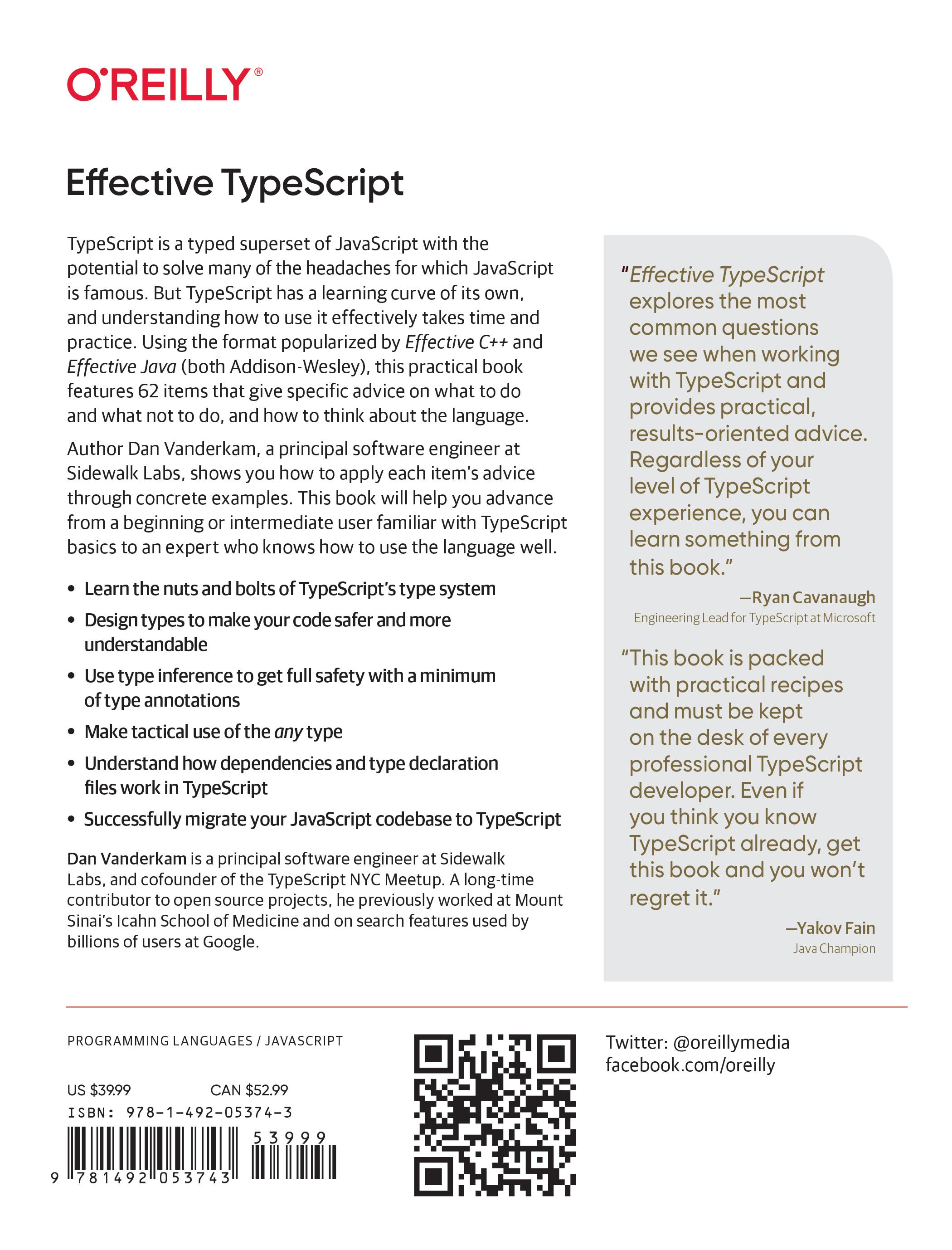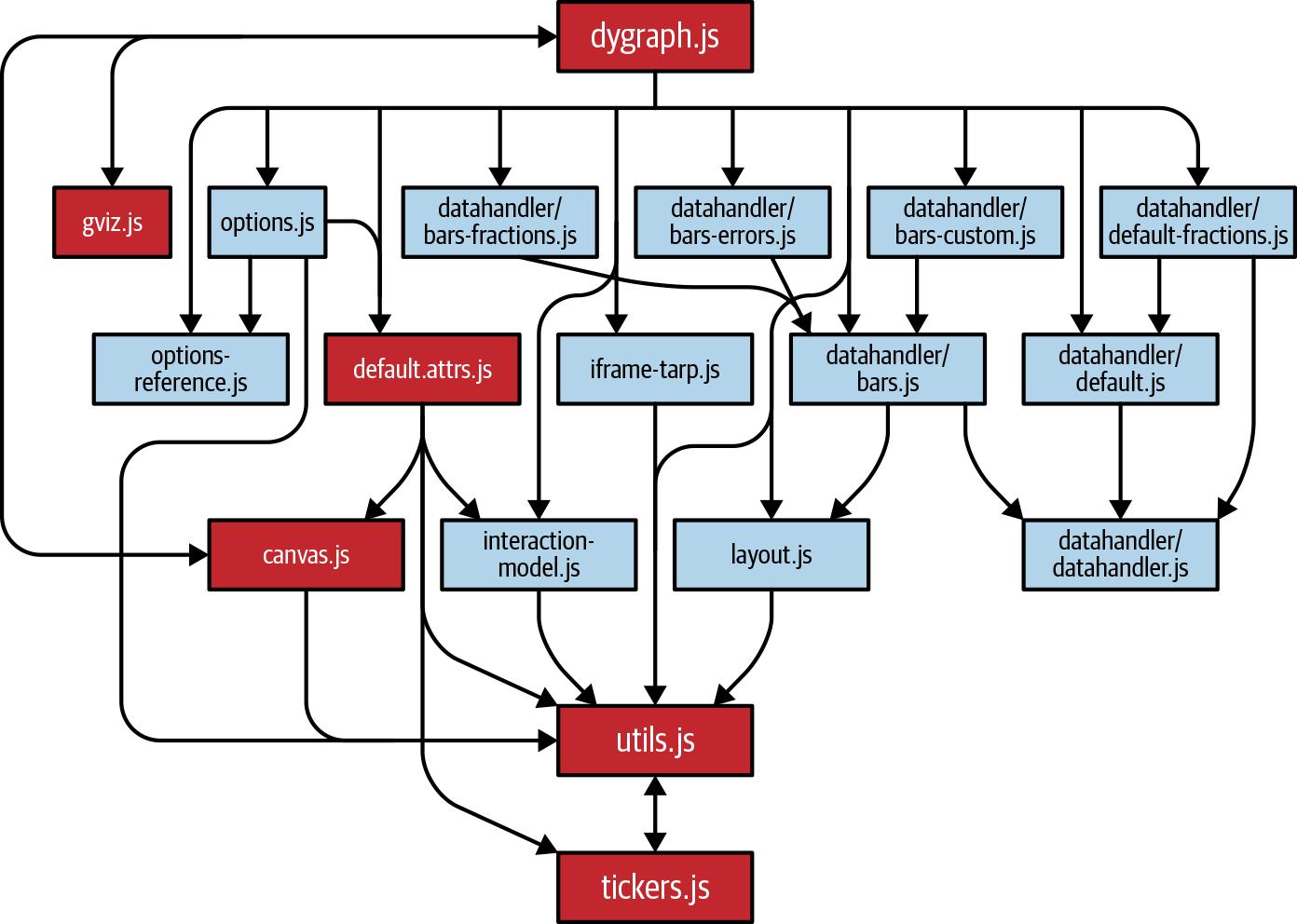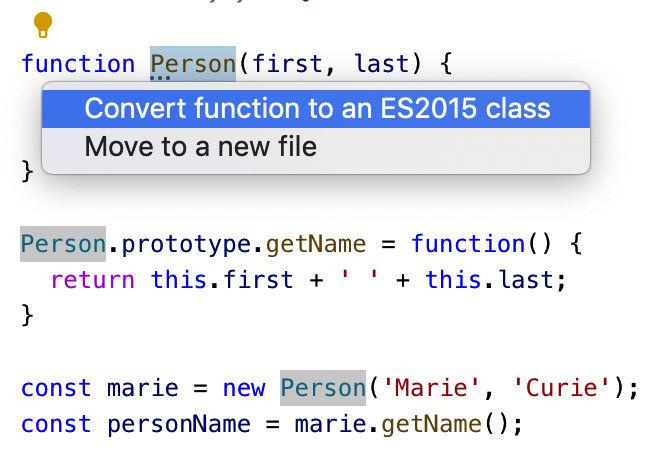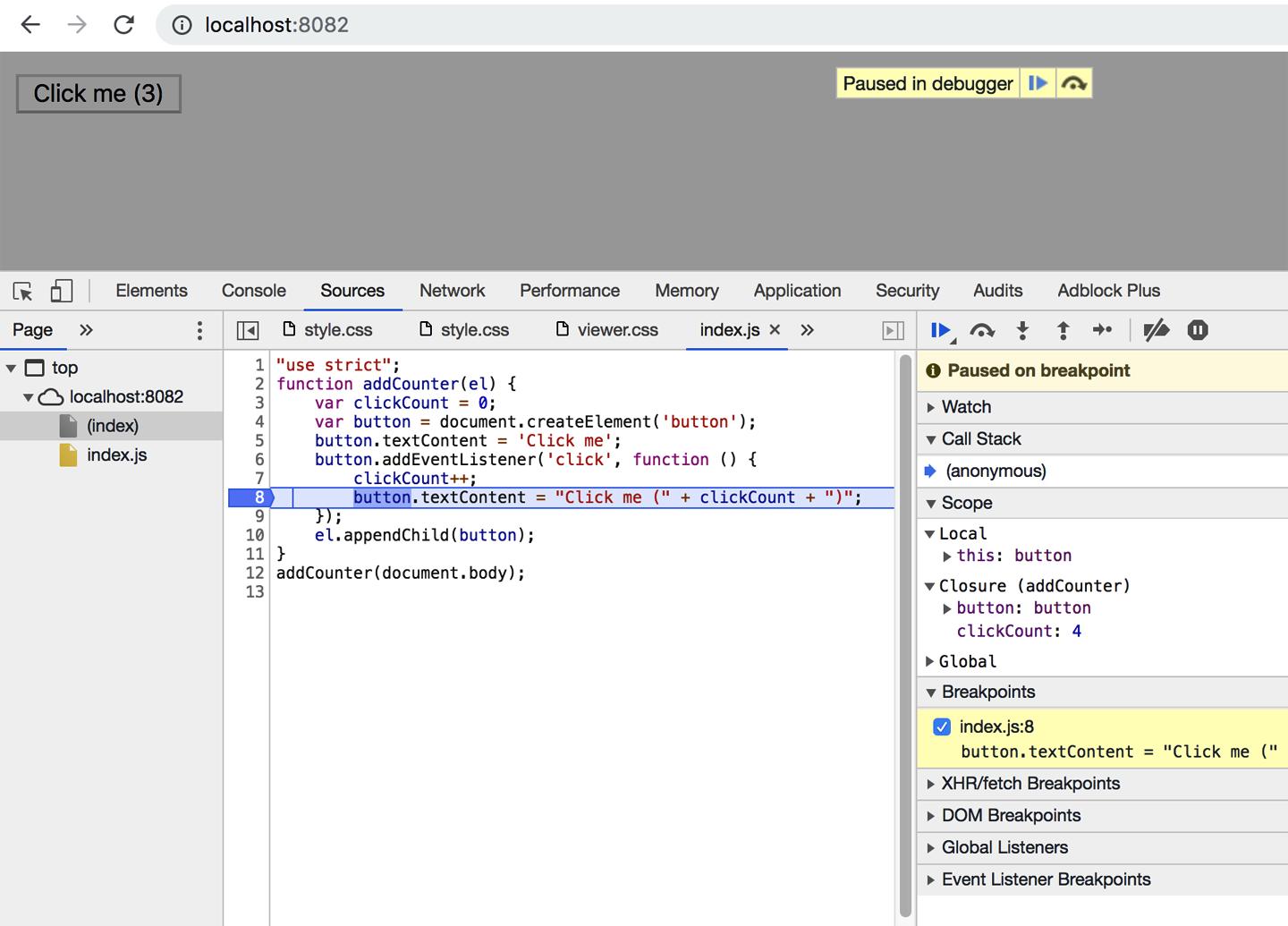
6 minute read
Item 42: Use unknown Instead of any for Values with an Unknown Type
Implicit any types do not evolve through function calls. The arrow function here trips up inference:
function makeSquares(start: number, limit: number) { const out = []; // ~~~ Variable 'out' implicitly has type 'any[]' in some locations range(start, limit).forEach(i => { out.push(i * i); }); return out; // ~~~ Variable 'out' implicitly has an 'any[]' type
In cases like this, you may want to consider using an array’s map and filter methods to build arrays in a single statement and avoid iteration and evolving any entirely. See Items 23 and 27.
Evolving any comes with all the usual caveats about type inference. Is the correct type for your array really (string|number)[]? Or should it be number[] and you incor‐rectly pushed a string? You may still want to provide an explicit type annotation to get better error checking instead of using evolving any.
Things to Remember
• While TypeScript types typically only refine, implicit any and any[] types are allowed to evolve. You should be able to recognize and understand this construct where it occurs. • For better error checking, consider providing an explicit type annotation instead of using evolving any.
Item 42: Use unknown Instead of any for Values with an Unknown Type
Suppose you want to write a YAML parser (YAML can represent the same set of val‐ues as JSON but allows a superset of JSON’s syntax). What should the return type of your parseYAML method be? It’s tempting to make it any (like JSON.parse):
function parseYAML(yaml: string): any { // ...
But this flies in the face of Item 38’s advice to avoid “contagious” any types, specifi‐cally by not returning them from functions. Ideally you’d like your users to immediately assign the result to another type:
interface Book { name: string; author: string;
} const book: Book = parseYAML(` name: Wuthering Heights author: Emily Brontë `);
Without the type declarations, though, the book variable would quietly get an any type, thwarting type checking wherever it’s used:
const book = parseYAML(` name: Jane Eyre author: Charlotte Brontë `); alert(book.title); // No error, alerts "undefined" at runtime book('read'); // No error, throws "TypeError: book is not a // function" at runtime
A safer alternative would be to have parseYAML return an unknown type:
function safeParseYAML(yaml: string): unknown { return parseYAML(yaml);
} const book = safeParseYAML(` name: The Tenant of Wildfell Hall author: Anne Brontë `); alert(book.title); // ~~~~ Object is of type 'unknown' book("read"); // ~~~~~~~~~~ Object is of type 'unknown'
To understand the unknown type, it helps to think about any in terms of assignability. The power and danger of any come from two properties:
• Any type is assignable to the any type. • The any type is assignable to any other type.2
In the context of “thinking of types as sets of values” (Item 7), any clearly doesn’t fit into the type system, since a set can’t simultaneously be both a subset and a superset of all other sets. This is the source of any’s power but also the reason it’s problematic. Since the type checker is set-based, the use of any effectively disables it. The unknown type is an alternative to any that does fit into the type system. It has the first property (any type is assignable to unknown) but not the second (unknown is only
2 With the exception of never.
assignable to unknown and, of course, any). The never type is the opposite: it has the second property (can be assigned to any other type) but not the first (nothing can be assigned to never). Attempting to access a property on a value with the unknown type is an error. So is attempting to call it or do arithmetic with it. You can’t do much with unknown, which is exactly the point. The errors about an unknown type will encourage you to add an appropriate type:
const book = safeParseYAML(` name: Villette author: Charlotte Brontë `) as Book; alert(book.title); // ~~~~~ Property 'title' does not exist on type 'Book' book('read'); // ~~~~~~~~~ this expression is not callable
These errors are more sensible. Since unknown is not assignable to other types, a type assertion is required. But it is also appropriate: we really do know more about the type of the resulting object than TypeScript does. unknown is appropriate whenever you know that there will be a value but you don’t know its type. The result of parseYAML is one example, but there are others. In the GeoJSON spec, for example, the properties property of a Feature is a grab-bag of anything JSON serializable. So unknown makes sense:
interface Feature { id?: string | number; geometry: Geometry; properties: unknown;
A type assertion isn’t the only way to recover a type from an unknown object. An instanceof check will do:
function processValue(val: unknown) { if (val instanceof Date) { val // Type is Date
You can also use a user-defined type guard:
function isBook(val: unknown): val is Book { return ( typeof(val) === 'object' && val !== null && 'name' in val && 'author' in val
} function processValue(val: unknown) {
if (isBook(val)) { val; // Type is Book
TypeScript requires quite a bit of proof to narrow an unknown type: in order to avoid errors on the in checks, you first have to demonstrate that val is an object type and
that it is non-null (since typeof null === 'object').
You’ll sometimes see a generic parameter used instead of unknown. You could have declared the safeParseYAML function this way:
function safeParseYAML<T>(yaml: string): T { return parseYAML(yaml);
This is generally considered bad style in TypeScript, however. It looks different than a type assertion, but is functionally the same. Better to just return unknown and force your users to use an assertion or narrow to the type they want. unknown can also be used instead of any in “double assertions”:
declare const foo: Foo; let barAny = foo as any as Bar; let barUnk = foo as unknown as Bar;
These are functionally equivalent, but the unknown form has less risk if you do a refac‐tor and break up the two assertions. In that case the any could escape and spread. If the unknown type escapes, it will probably just produce an error. As a final note, you may see code that uses object or {} in a similar way to how unknown has been described in this item. They are also broad types but are slightly narrower than unknown:
• The {} type consists of all values except null and undefined. • The object type consists of all non-primitive types. This doesn’t include true or 12 or "foo" but does include objects and arrays.
The use of {} was more common before the unknown type was introduced. Uses today are somewhat rare: only use {} instead of unknown if you really do know that null and undefined aren’t possibilities.
Things to Remember
• The unknown type is a type-safe alternative to any. Use it when you know you have a value but do not know what its type is. • Use unknown to force your users to use a type assertion or do type checking.







